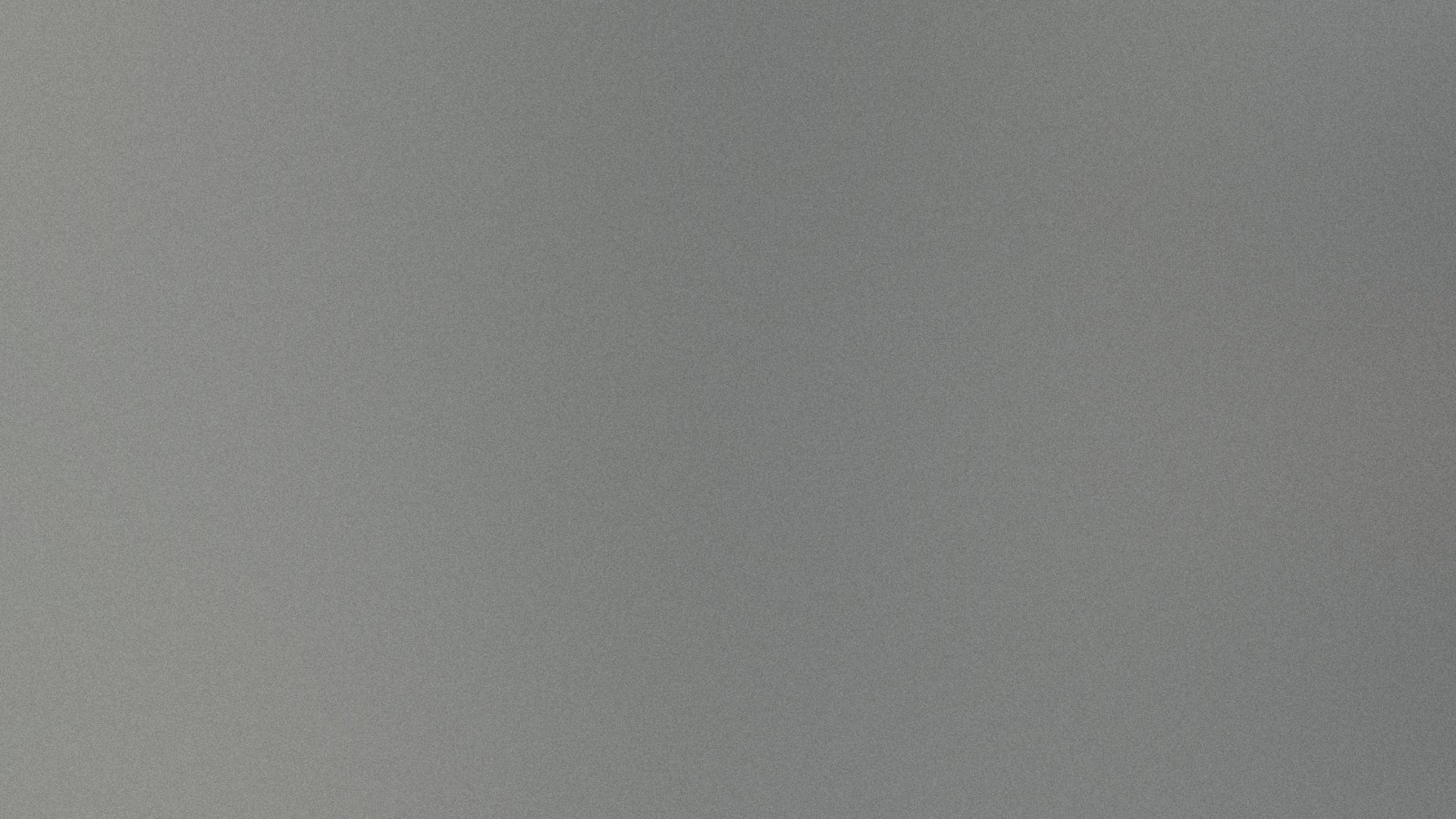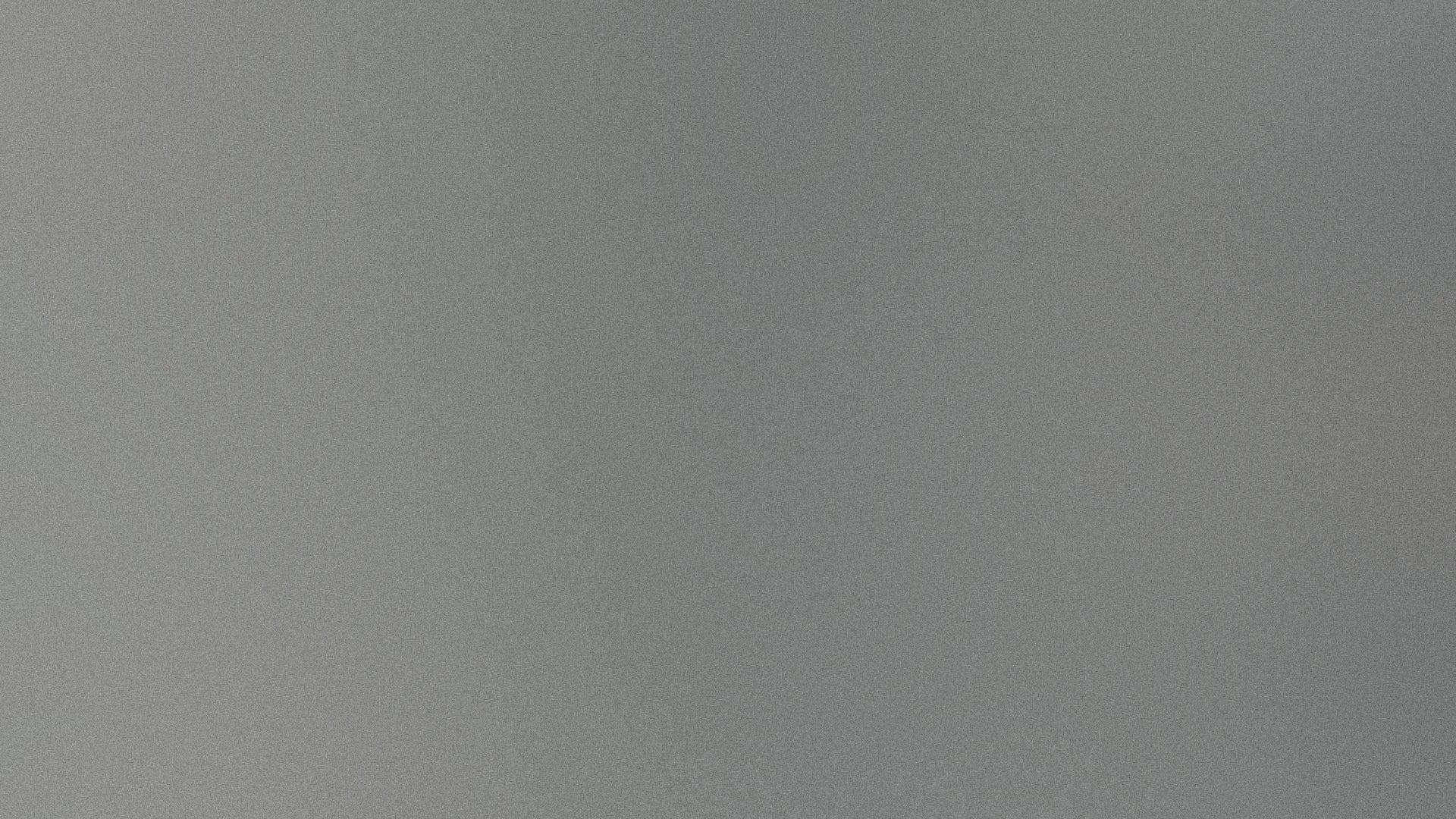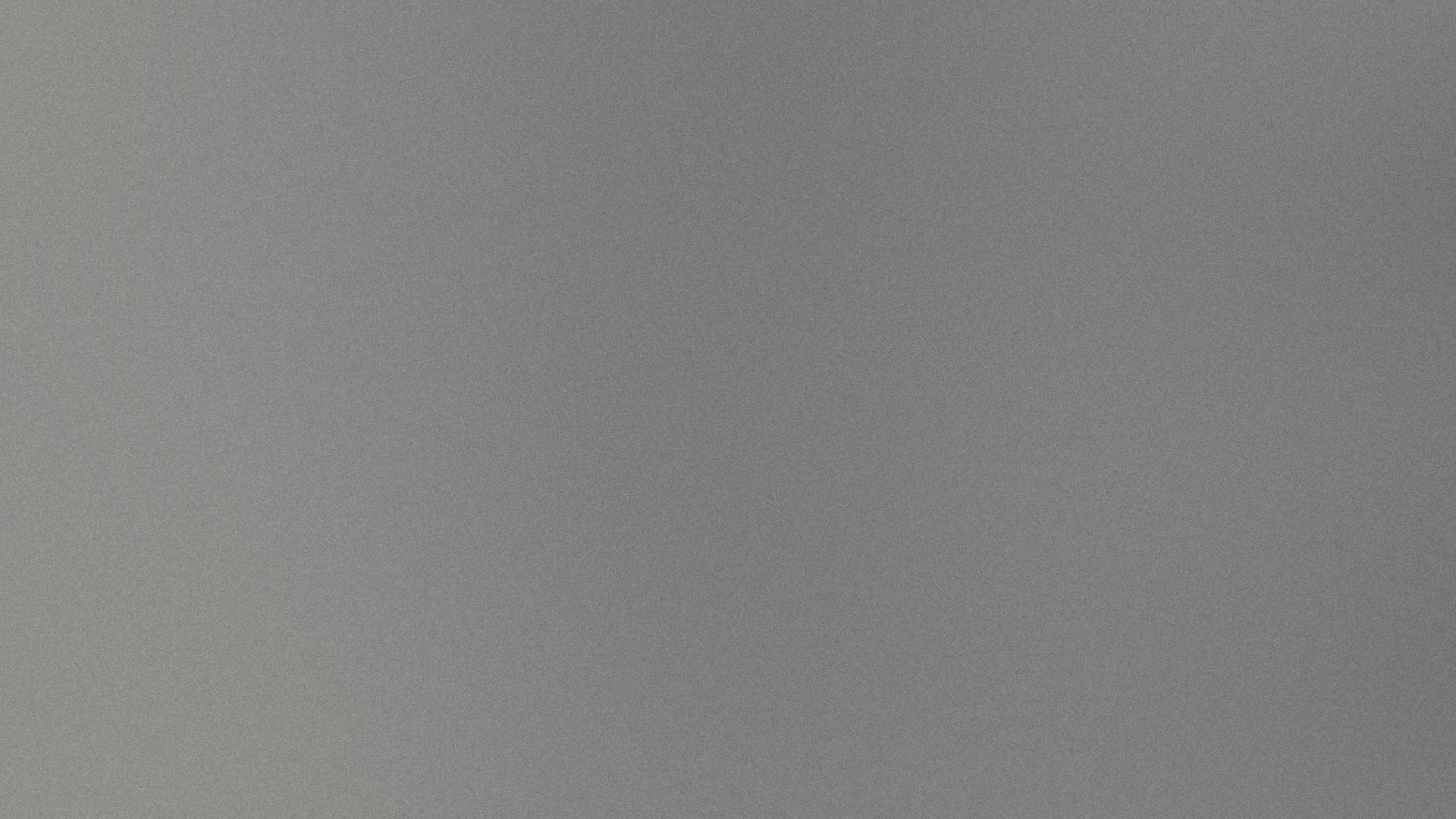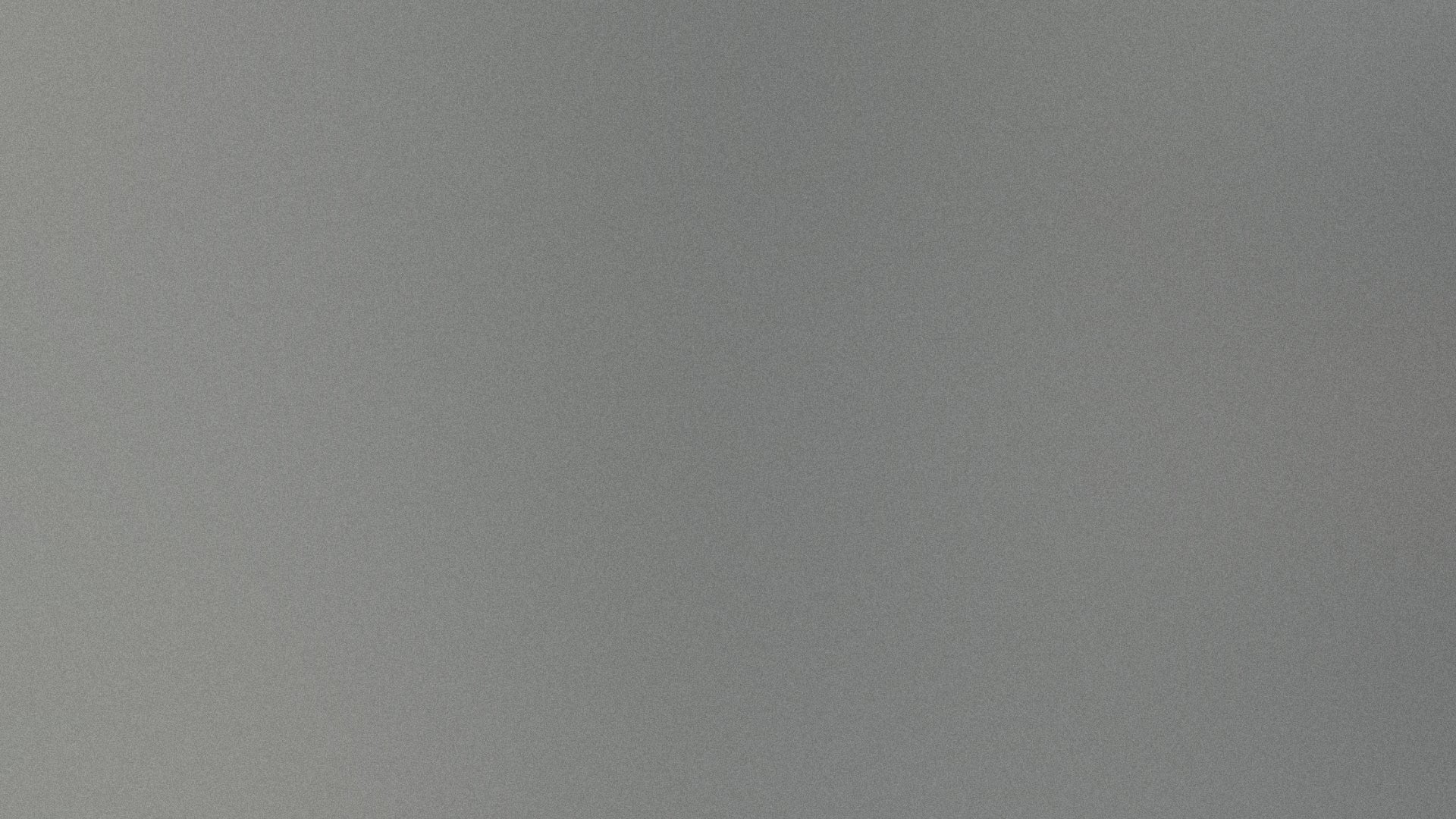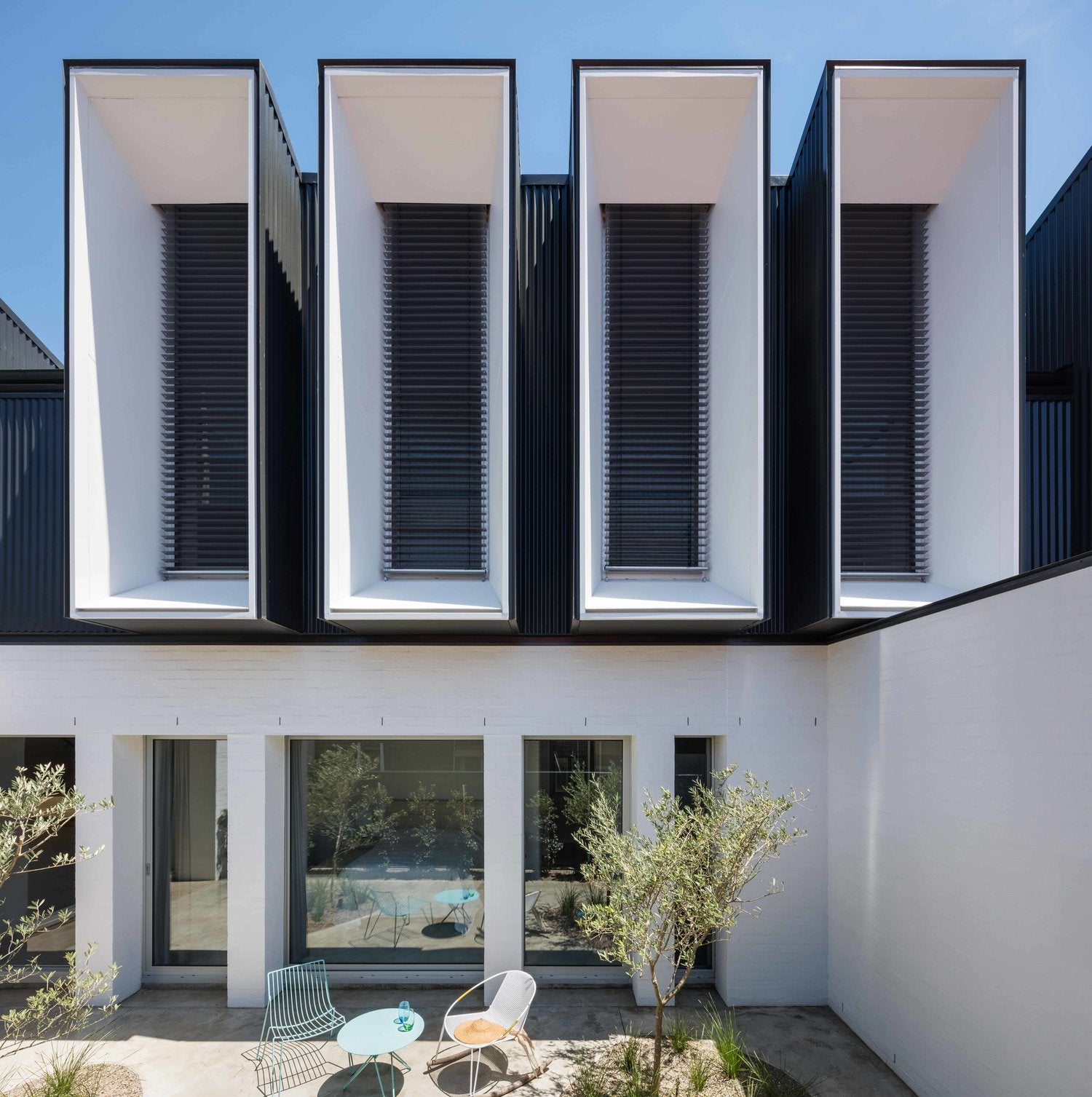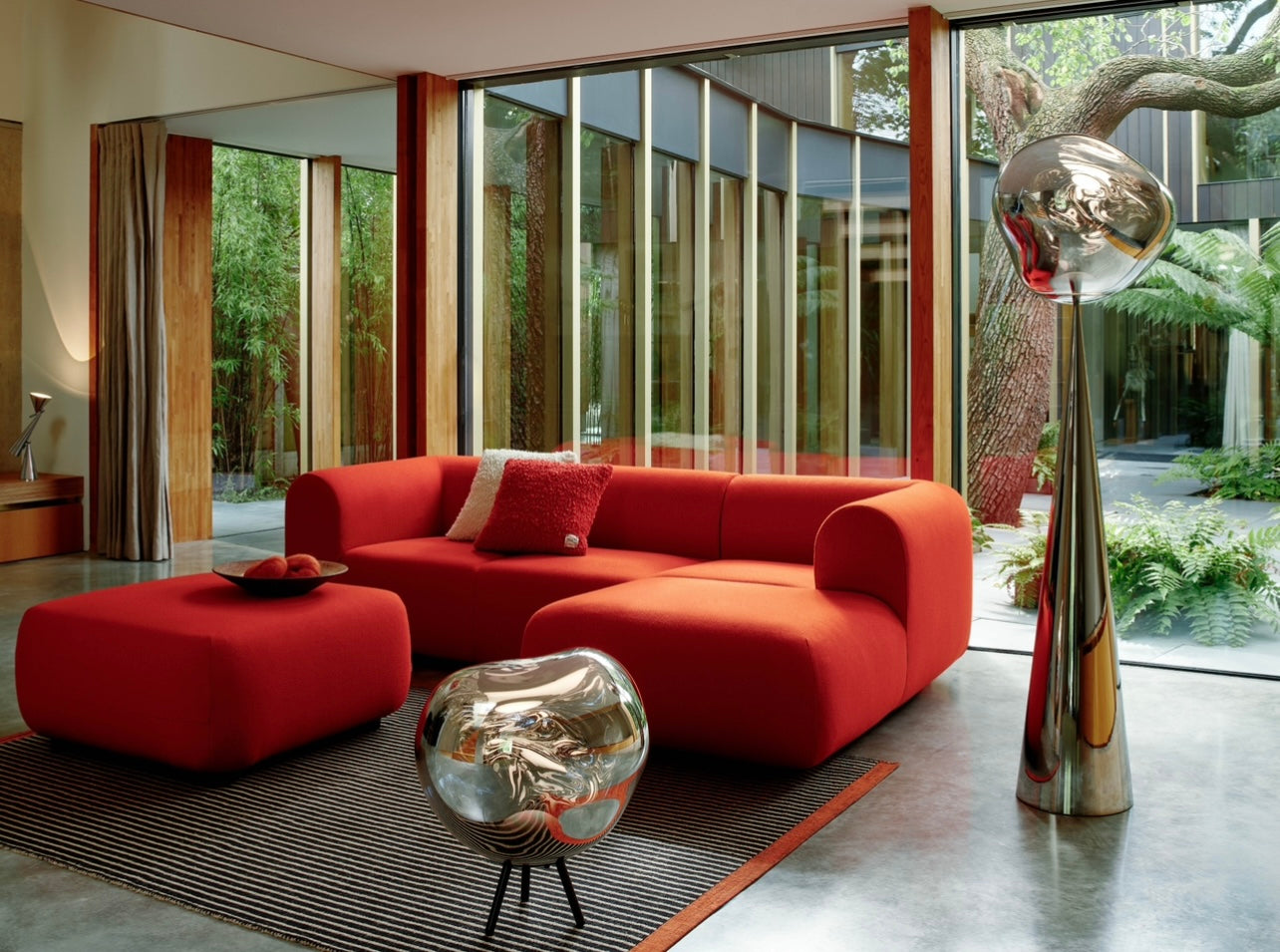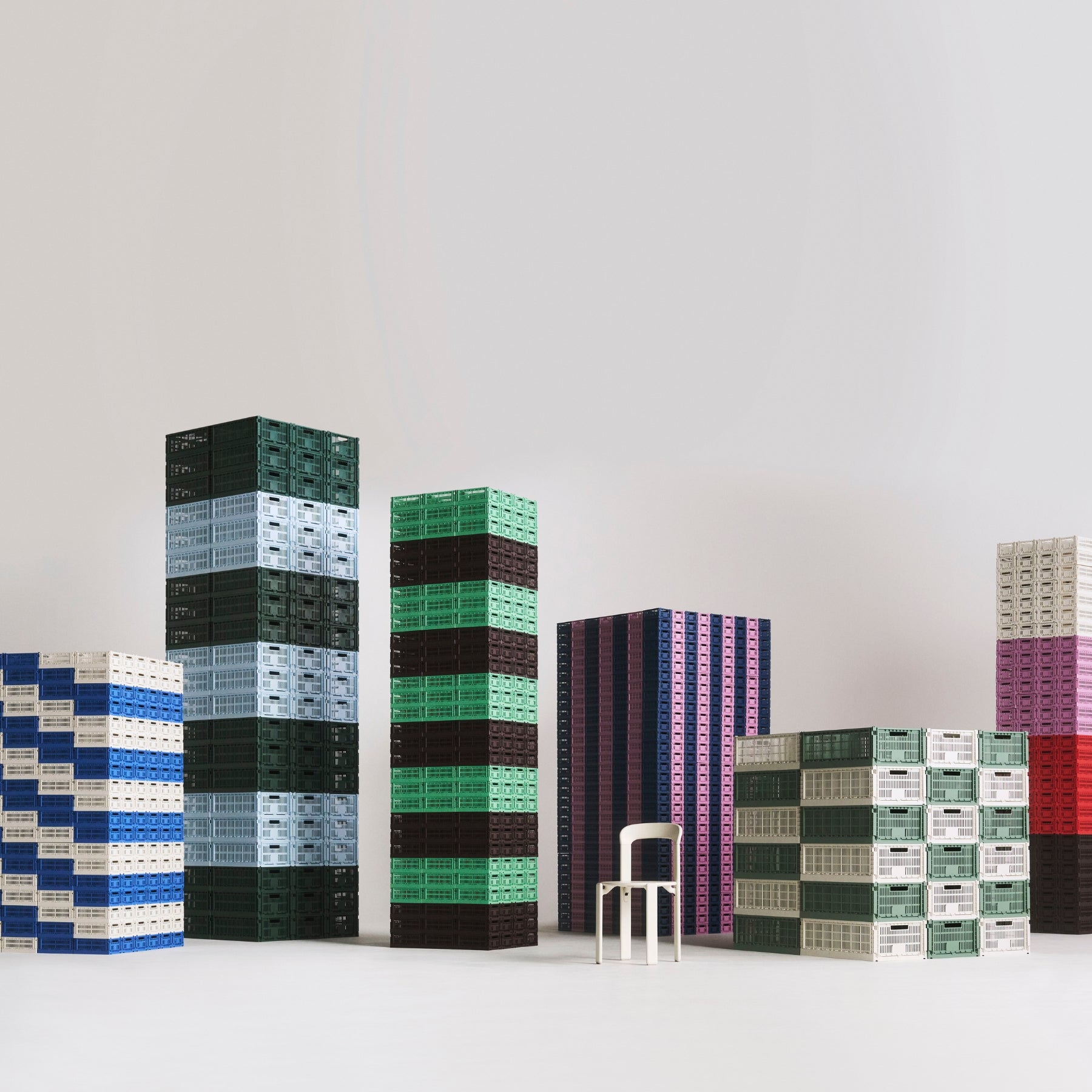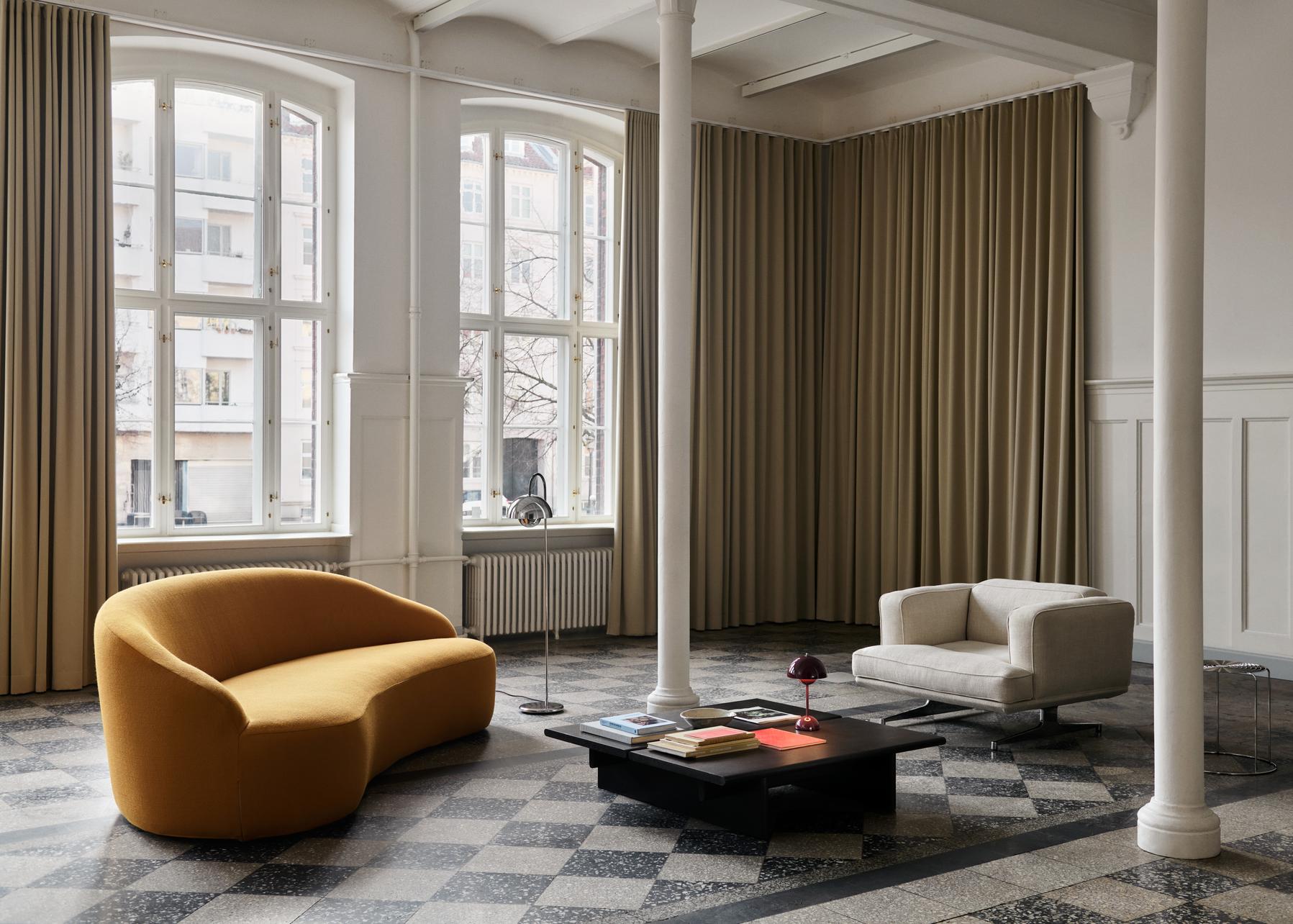REDEFINING THE SUBURBAN PARADIGM
Words Athena Regos
Photography Katherine Lu
Featured on The Local Project
‘A New South Wales home, designed to reimagine the suburban ‘dream’ and experiment with new modes of multi-generational living…’ Mladen Prnjatovic, director of Tzannes Architects, describes their Matraville House project.
Created for an extended family of two parents, a grandparent, two adult children, one girlfriend, and two dogs, this new multi-generational 290sqm home in the eastern suburbs of Sydney gave the Tzannes Architects team and director Mladen Prnjatovic the freedom to reconsider the ‘art of living well’ in the environment of an ordinary flat suburban block.
Mladen explains ‘we set out to redefine the suburban paradigm with a design that provides the best possible amenity, careful space planning, activates the entire site and creates a flowing series of interconnected indoor and outdoor spaces that open onto the expansive garden and pool at the rear of the house.’
It was intended to provide a sense of openness and connection combining the ‘inside and outside spaces, public and private spaces’ says Mladen. This particular goal was to ensure that many of Matraville’s occupants’ can be in the house at the same time and not feel like they are invading each other’s space (or as Mladen illustrates, so as ‘not to feel like they are on top of each other’).
A modern living and dining room was designed and located to gain maximum leverage of the existing garden with a new internal courtyard incorporated to the north of the house to provide direct sunlight in the mid-winter. These areas of the home were to establish public and communal zones for the family while at the same time providing exclusive and separate areas of the home where one can escape. ‘Our clients love living in this house’ says Mladen. He further expresses ‘so many different zones to escape to, and all of them are light and airy.’
At the inception of the project, it was somewhat challenging for Tzannes Architects to provide multi-generational living with the pre-existing home. It was considered ‘unworkable’ due to the rigid, inconsistent layout. This layout meant that the levels of space, flexibility, comfort, luxury, and solar access could not be achieved. Therefore, after careful consideration, Tzannes Architects decided to rebuild and only retain the existing pool and garden at the rear of the house, becoming the new focal point of the project.
Asked about their design philosophy in relation to the Matraville House and achieving a home that caters for so many people, ‘our design process is above all a collaborative one’ says Mladen. ‘We work closely with each other, and with the other professionals who will make the building a reality.’ Tzannes Architects believe that each project is considered unique and is a response to its specific site, context, and brief. For most projects, the research-based design process focuses on the relationship between the building, its setting and its function.
For the Matraville House, the relationship with other disciplines was also fundamental in ensuring the clients’ brief and budget were met in a timely and well-considered manner. Tzannes Architects worked closely with their builder, led by Angel Rumeliotis, to enhance the structure and select materials and techniques that provided for adaptive, cost-effective and at times innovative and cutting-edge solutions for a successful outcome for both the builders, Tzannes Architects, and all members of the family.
The primary consideration for the Matraville House was enabling comfortable inter-generational living, while at the same time wanting to create and design a house that was ‘polite to its neighbours.’ ‘Respectful for their privacy and amenity, yet [ it is a building] that makes a statement that good design does matter,’ says Mladen. In the Matraville House, Mladen Prnjatovic and the team at Tzannes Architects truly re-imagined the suburban ‘dream’, exploring techniques of multi-generational living for the many generations of inhabitants.
Featured on The Local Project
